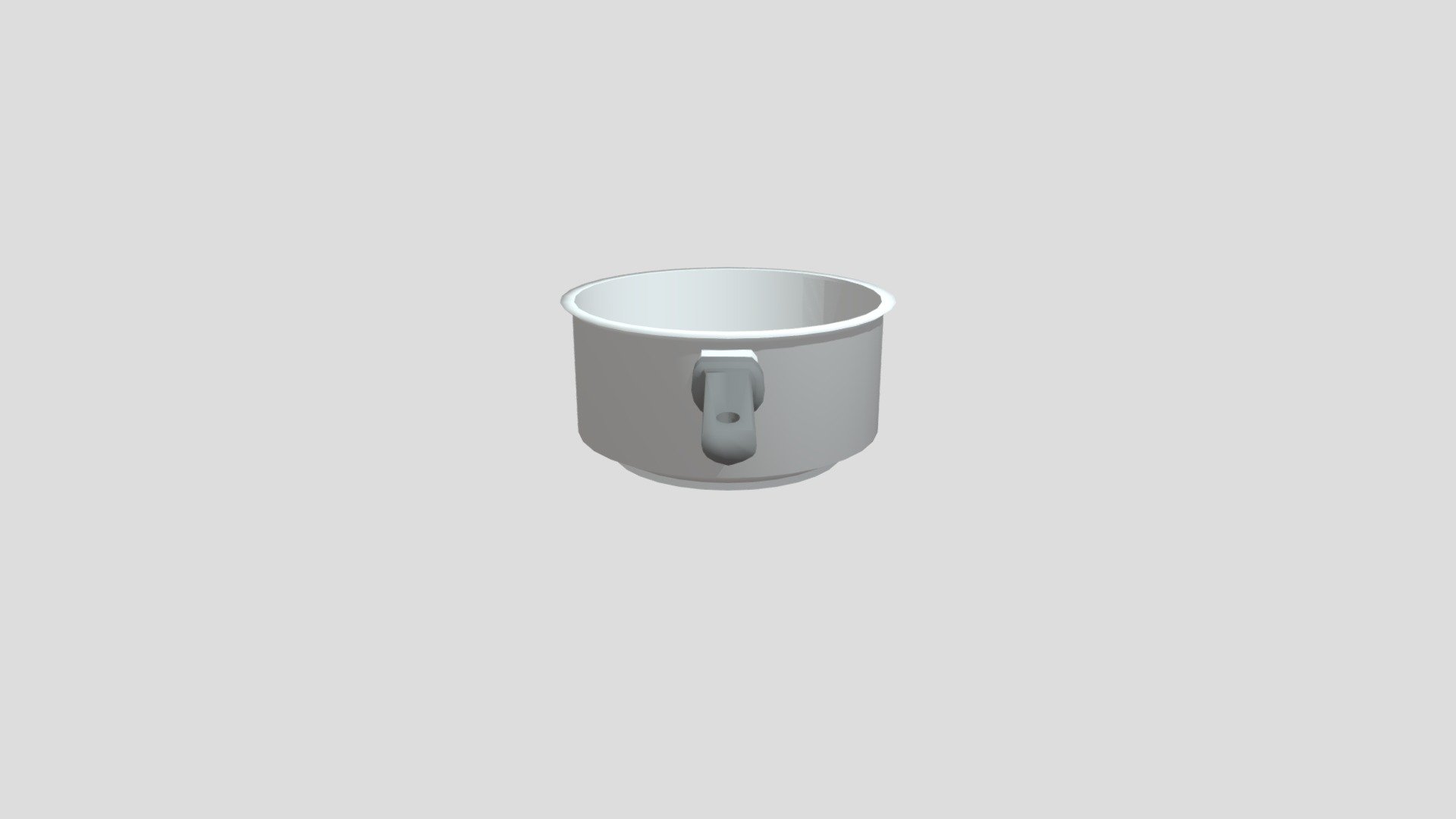The phrase "Subhashree Sahu leaked" seems to pop up quite a bit online, doesn't it? It's a search term that, you know, really grabs attention and makes people wonder what's going on. This kind of phrase, it’s almost a signal, pointing to a moment where personal information or private matters might have become public, often without someone's permission. It shows how curious people are about the lives of others, especially when there's a hint of something private coming out.
You see, in our current way of living, where so much of what we do and say happens on the internet, things like this can happen. Information, once it gets out there, it just spreads, like, incredibly fast. It's a very different world from what we knew before, a world where the lines between what's personal and what's public can get quite blurry. This particular search term, it really brings into focus the challenges that come with living so much of our lives in plain view, or at least, in a way that feels like it could be public at any moment.
So, what we are going to do here is talk about what it means when terms like "Subhashree Sahu leaked" become a talking point. We'll explore the bigger picture, you know, the ideas around personal space online, how information moves around, and what it means for people when their private world suddenly gets, in some respects, put on display. It's a chance to think about how we all interact with information online, and what kind of responsibility we have when we come across things that might be sensitive.
Table of Contents
- Who is Subhashree Sahu? A Look at Public Figures and Online Presence
- Why Do Terms Like "Subhashree Sahu Leaked" Appear Online?
- The Digital Footprint - What Does "Subhashree Sahu Leaked" Tell Us About Privacy?
- How Does Information Spread When Someone Mentions "Subhashree Sahu Leaked"?
- Protecting Your Own Space - Lessons from "Subhashree Sahu Leaked"
- What Can Happen When Content Related to "Subhashree Sahu Leaked" is Shared?
- Media Responsibility and the "Subhashree Sahu Leaked" Narrative
- The Long-Term Impact of Online Incidents like "Subhashree Sahu Leaked"
Who is Subhashree Sahu? A Look at Public Figures and Online Presence
When a name like Subhashree Sahu becomes a search term associated with a "leaked" event, people naturally want to know more about the person. It's human nature, really, to be interested in the lives of others, especially those who might be in the public eye. Whether someone is a well-known personality, an artist, or just someone who has gained some recognition, their life can become a topic of widespread conversation. This can happen pretty quickly, actually, sometimes without them even realizing how much attention they are getting. The public's interest in people, particularly when there's a sense of mystery or an unexpected event, tends to grow very, very fast.
For individuals who find themselves in the public gaze, their personal space can feel quite different from someone who lives a more private life. There's a certain expectation, or at least a tendency, for people to feel like they have a right to know things about public figures. This can lead to a situation where details that would typically be kept private suddenly become subjects of public discussion. It's a tricky balance for anyone, trying to maintain a sense of personal life while also being someone that many people recognize or follow. You know, it’s a bit like living in a glass house, where everyone can look in, or so it seems.
When we talk about someone like Subhashree Sahu, it's worth remembering that behind the name, there's a person. And that person, just like anyone else, has a right to their own private moments and information. The internet, while connecting us in so many ways, also presents challenges for personal boundaries. It's a place where rumors can start, and where information, whether true or not, can spread like wildfire. So, when a name pops up in a context like "leaked," it makes us think about the individual at the center of that attention and the broader issues of privacy for anyone whose name becomes a public talking point, apparently.
Personal Details / Bio Data
Information regarding specific personal details or biographical data for individuals mentioned in search queries like "Subhashree Sahu leaked" is often not publicly shared or confirmed through reliable sources. Our focus here is on the broader implications of such search terms rather than providing private information. Public figures, like all individuals, have a right to privacy regarding their personal lives.
| Name | Subhashree Sahu |
| Occupation / Public Role | (Information not publicly available or confirmed) |
| Known For | (Information not publicly available or confirmed) |
| Public Profile Status | (Information not publicly available or confirmed) |
Why Do Terms Like "Subhashree Sahu Leaked" Appear Online?
So, why do these sorts of phrases, like "Subhashree Sahu leaked," even show up on the internet? Well, a lot of it has to do with how the internet works and, quite honestly, how people are. There's a natural pull towards things that feel a little bit secret or forbidden. When something is hinted at, or when there's a suggestion of private information becoming public, it tends to make people very curious. This curiosity, you know, drives search queries and online conversations. It’s almost a human trait, this desire to know what’s going on behind the scenes.
Another big reason is the way information can go viral. Someone posts something, maybe just a small hint or a link, and then others pick it up. It gets shared on social media, in chat groups, and on different forums. This sharing happens so fast that a piece of information, even if it's just a rumor or something unconfirmed, can spread across the internet in a matter of hours. This speed means that phrases like "Subhashree Sahu leaked" can become popular search terms very quickly, as people try to figure out what the buzz is about. It’s pretty much how the internet operates, for better or worse, actually.
Then there's the idea of the "digital footprint." Every time someone posts something, comments on something, or even just searches for something, they leave a little trail. These trails, over time, create a vast network of information. When something happens that sparks interest, like a rumored "leak," people start looking for it. Search engines, being what they are, then pick up on these popular queries and, you know, they start suggesting them to others. It creates a sort of loop, where the more people search for "Subhashree Sahu leaked," the more visible that term becomes, and that just fuels more searches, in a way. It’s a self-feeding cycle, basically.
The Digital Footprint - What Does "Subhashree Sahu Leaked" Tell Us About Privacy?
The appearance of a search term like "Subhashree Sahu leaked" really shines a light on something important: our digital footprint. Every time we go online, whether we're posting a photo, sending a message, or just browsing, we leave little bits of ourselves behind. These bits, over time, add up to create a picture of who we are online. This picture, our digital footprint, can be quite extensive, and it’s something that can be hard to control once it’s out there. It makes you think, doesn't it, about how much of our lives are truly private when so much is recorded and shared?
What the phrase "Subhashree Sahu leaked" highlights is the vulnerability of personal information in the digital world. Even if someone is very careful, things can still find their way into the public domain. This might happen through hacking, through someone else sharing something without permission, or even through old information resurfacing. It just goes to show that what we consider private today might not stay that way tomorrow. This idea, that our personal data is always at some risk, is a very real concern for everyone who spends time online, you know, pretty much all of us.
So, when a "leaked" situation comes to light, it serves as a reminder that privacy online is not something we can always take for granted. It's a constant challenge, trying to keep our personal lives separate from our public ones, especially when the internet makes it so easy for information to cross those lines. The story behind "Subhashree Sahu leaked," whatever it might be, underscores the need for greater awareness about how our data is handled, who has access to it, and what can happen when it falls into the wrong hands. It's a serious matter, really, for anyone who values their personal space and peace of mind.
How Does Information Spread When Someone Mentions "Subhashree Sahu Leaked"?
Once a phrase like "Subhashree Sahu leaked" starts circulating, how does the information, or the idea of it, actually get around? Well, it happens in a few ways, but mostly through the speed and reach of online communication tools. Social media platforms, for instance, are very good at making things go viral. Someone posts a tweet, shares a story, or makes a comment, and if it catches on, it can be seen by hundreds, thousands, or even millions of people in a very short amount of time. It's like a chain reaction, where one share leads to another, and then another, and so on.
Then there are messaging apps and private groups. People share links, screenshots, or just talk about what they've heard. These conversations, even though they might seem private, can contribute to the overall spread of information. What starts as a chat among friends can quickly become a topic discussed across many different groups. It’s a bit like whispers in a crowd, but instead of just a few people hearing, potentially everyone online hears, in some respects. This makes it incredibly hard to control the flow of information once it's out there, you know.
Search engines also play a big part. When people see a trending topic or hear a rumor, their first instinct is often to search for it. As more people search for "Subhashree Sahu leaked," the search engines recognize that interest and start to prioritize results related to that term. This makes it even easier for others to find information, or at least discussions, about the topic. It creates a cycle where interest fuels visibility, and visibility fuels more interest. It's a powerful mechanism, really, for information dissemination, and it's why these kinds of phrases can become so widely known, apparently.
Protecting Your Own Space - Lessons from "Subhashree Sahu Leaked"
Given how easily things can spread online, and with phrases like "Subhashree Sahu leaked" making us think about privacy, what can people do to protect their own personal space? It's about being smart with how you use the internet, honestly. One of the first things is to be really mindful of what you share. Think twice before posting photos, videos, or even just comments that contain personal details. Once something is online, it's very hard to take it back completely. It's like putting something out into the wind; you can't really call it back, can you?
Another important step is to check your privacy settings on all your online accounts. Social media platforms, email services, and other apps often have settings that let you control who sees your content. Take the time to go through these settings and make sure they are set to a level you are comfortable with. For example, you might want only friends or family to see your posts, rather than the whole world. This is a very simple thing to do, but it can make a big difference in keeping your information more secure, basically.
Also, be careful about who you connect with online. Not everyone you meet on the internet has your best interests at heart. Be cautious about accepting friend requests from people you don't know, and think about what information you're giving away in online conversations. It’s a good idea to use strong, different passwords for all your accounts, too. This helps protect you from someone getting into one account and then having access to everything else you do online. These small actions, you know, can add up to a much safer online experience for everyone, seriously.
What Can Happen When Content Related to "Subhashree Sahu Leaked" is Shared?
So, when content that might be tied to a phrase like "Subhashree Sahu leaked" gets shared, what are the possible outcomes? Well, for the person involved, it can be really upsetting. Having private moments or information made public without permission can cause a lot of distress, embarrassment, and even harm to their reputation. It's a deeply personal violation, and the effects can last for a very long time. Imagine, for a moment, having your private life suddenly put on display for everyone to see; it's a pretty tough situation, you know.
Beyond the personal impact, there can be legal consequences for those who share such content. Depending on the type of information and where it originated, sharing private content without consent can be against the law in many places. There are laws in place to protect people's privacy and to prevent the unauthorized distribution of certain materials. So, if someone decides to spread something that they know is private or sensitive, they could face legal action, like fines or even more serious penalties. It’s not just a harmless share; there are real-world implications, definitely.
Then there's the ethical side of things. Even if something isn't illegal to share, it doesn't mean it's the right thing to do. When we share content that's been "leaked," especially if it's private or potentially harmful, we are contributing to someone else's distress. It raises questions about our own responsibility as internet users. Do we want to be part of spreading something that could hurt someone? It's a moment to pause and think about the human impact of our online actions. This is, you know, a very important consideration for everyone who uses the internet, at the end of the day.
Media Responsibility and the "Subhashree Sahu Leaked" Narrative
When a term like "Subhashree Sahu leaked" gains traction, it also brings up the question of how media outlets and even everyday people should handle such information. There's a big responsibility that comes with sharing news or details, especially when it touches on someone's private life. Good journalism, and frankly, just being a good human online, means thinking about the impact of what you share. It's about reporting on things in a way that respects people's privacy and doesn't just chase after every rumor or sensational story, apparently.
For news organizations, this means being careful to verify information before reporting it and considering the harm that might be caused by publishing private details. They have a role in informing the public, yes, but also in protecting individuals from undue exposure. It's a balance, trying to provide information without crossing lines into invasion of privacy. This ethical consideration is pretty important, you know, for maintaining trust and for not contributing to the distress of the person at the center of the story. It's a tough job, sometimes, but a necessary one, seriously.
And for us, as regular internet users, we also have a part to play. When we see a headline or a search term like "Subhashree Sahu leaked," we can choose how we react. We can choose not to click on sensational links, not to share unverified information, and not to spread rumors. Every time we make that choice, we contribute to a more respectful and safer online environment. It's about being thoughtful about what we consume and what we pass on. Our collective actions, you know, can really shape the kind of internet we all share, basically.
The Long-Term Impact of Online Incidents like "Subhashree Sahu Leaked"
The effects of online incidents, particularly those involving "leaked" information about individuals like Subhashree Sahu, can last a very long time. For the person directly affected, the emotional and psychological toll can be immense. It's not just a momentary embarrassment; it can lead to lasting feelings of vulnerability, anxiety, and a loss of trust. The internet has a very long memory, and once something is out there, it can be incredibly hard to make it disappear completely. This means that the impact of such an event can follow someone for years, or even a lifetime, in a way.
Beyond the individual, these incidents also shape the broader conversation about privacy and digital ethics. Each time a "leaked" situation comes to light, it makes more people aware of the risks of being online and the importance of protecting personal information. It pushes us to think about what kind of online world we want to create: one where privacy is respected, or one where personal details are constantly at risk of being exposed. It's a continuous learning process for everyone, honestly, figuring out how to live and interact in this digital age.
Ultimately, phrases like "Subhashree Sahu leaked" serve as powerful reminders of the need for empathy and responsibility online. They highlight the delicate balance between public interest and personal privacy, and they encourage us to consider the real people behind the search terms. By being more thoughtful about our online actions, and by supporting a culture of respect for privacy, we can all contribute to making the internet a safer and more humane place for everyone. It’s a collective effort, you know, to make sure that people's lives are not just reduced to search queries or trending topics, at the end of the day.


